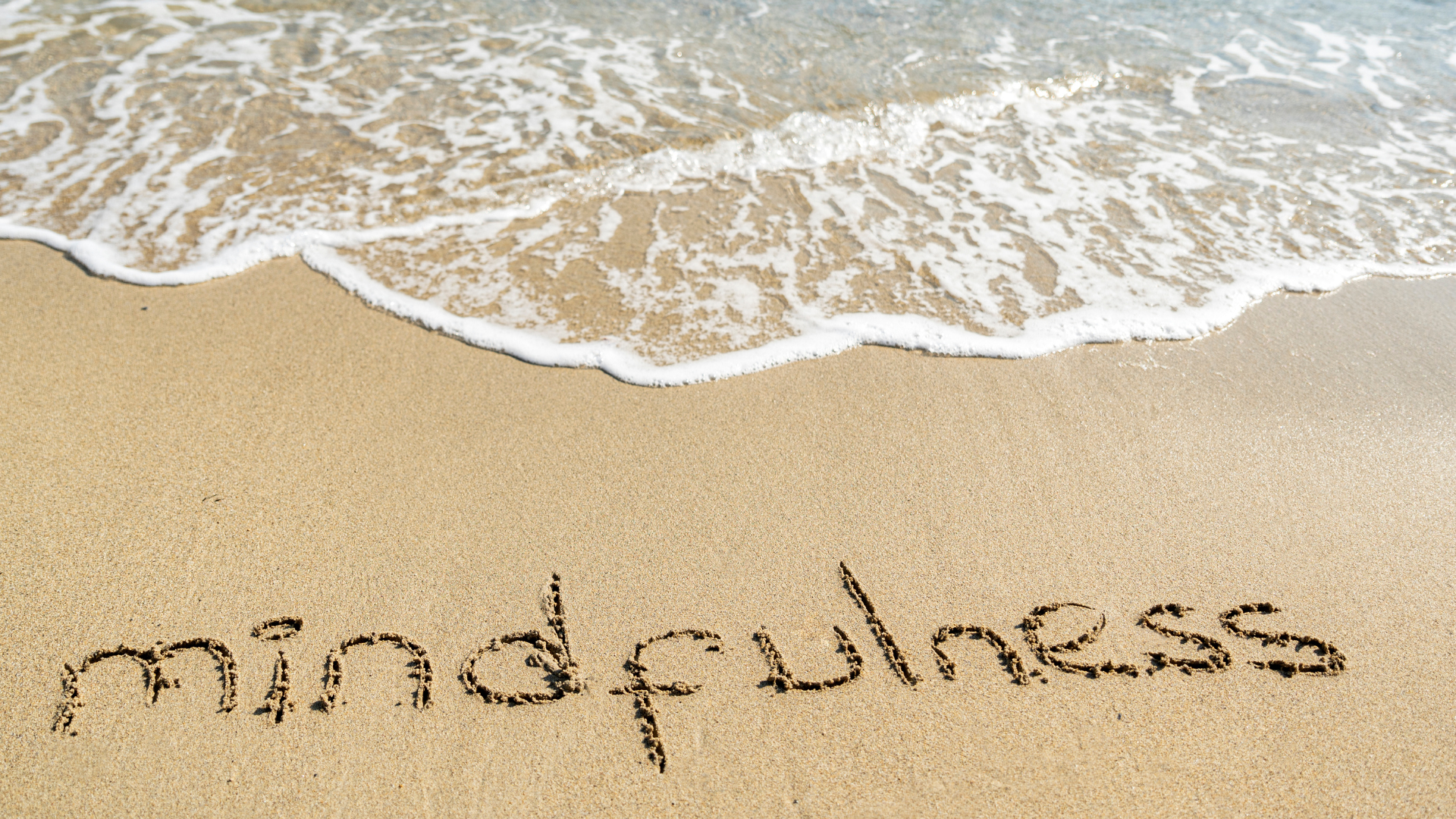Mindfulness is often seen as a stress-relief technique, but it can also be applied to other areas of your life. We often call ourselves “mindful” when we are focusing on the present moment and being in the moment, but it’s not always clear what that means. Sometimes mindfulness is not enough and what you need is wellness!
What is Mindfulness?
Mindfulness is a practice that has been growing in popularity in recent years, as it has been linked with numerous benefits. Mindfulness can help you to focus and be more aware of your surroundings, which can improve your productivity and mental well-being.
There are several different types of mindfulness, but the most common is focused attention on the present moment. This involves focusing on your physical and emotional sensations, feelings, and thoughts without judgment. You should try to maintain a state of mindfulness throughout the day, whether you’re sitting still or moving around.
Research suggests that certain types of mindfulness techniques can help relieve stress, depression, anxiety, and other mental health issues. Some people are known to also use dab pen weed or vape products to aid in or induce a sense of mindfulness in their bodies. Additionally, these practices can be beneficial for improving attention and sleep quality.
How Does Mindfulness Relate to Wellness?
Mindfulness has been shown to improve mental health, well-being, and stress management. It has been linked to decreases in anxiety, depression, and PTSD symptoms. Mindfulness is not a one-size-fits-all approach to improving your well-being; it depends on the person and what works for them.
There are different types of mindfulness based on how you focus your attention.
1. One type of mindfulness is focused attention which requires you to be fully present in the moment. This type of mindfulness can help you focus on your breathing and body sensations.
2. Another type of mindfulness is open monitoring which allows you to be aware of your thoughts and feelings but doesn’t require you to focus on anything specific. This type of mindfulness helps you become more aware of your surroundings and how you are feeling.
Both types of mindfulness have been shown to improve mental health and well-being, but they work best for different people depending on their needs.
It has been suggested that mindfulness can help promote overall wellness and improve mental health, but does this claim hold up to scrutiny?
To date, there is limited scientific evidence to support the claims that mindfulness can promote overall wellness. However, some research suggests that mindfulness may help improve mental health symptoms such as stress, anxiety, and depression. Interestingly, it appears that different types of mindfulness exercises are also associated with different benefits.
For example, mindfulness-based stress reduction (MBSR) has been shown to improve mood and reduce anxiety and stress levels better than other forms of mindfulness training.
While more research is needed to definitively determine whether or not mindfulness can promote overall wellness, these preliminary findings suggest that it may be worth investigating further.
What is the Effect of Mindfulness on Wellness?
Mindfulness is a practice that has been shown to improve well-being and mental health. It involves paying attention to all of the sensations you feel in your body, including the breath, and focusing on your thoughts and feelings without judgment. As a standard practice that has been followed for centuries, many individuals have made their own personal tweaks and modifications to derive better results from this form of meditation. Some use ambient music to create a stimulating atmosphere, while others induce an ideal state of mind by utilizing the effects of cannabis products like flower, concentrates and oil (which you can find at an e-store like lowpricebud).
The use of these products is often associated with altering mood and perception, potentially creating a more relaxed or euphoric mental state. For instance, THCa Flower, rich in the non-psychoactive cannabinoid THCa, is known for its potential therapeutic benefits without the typical psychoactive effects of THC. When consumed, Perfect Plant THCa Flower (or its counterparts) may contribute to a sense of calm and relaxation, making it an option for those seeking an ideal mental state.
Put simply, the key here is to create an internal and external environment conducive to connecting your mind to your surroundings. Further, it can help you focus on the present moment, which can help reduce stress and anxiety. Additionally, mindfulness has been shown to improve sleep quality and overall happiness.
Can You Do a Happiness Meditation?
Mindfulness is a mental state achieved by focusing one’s attention on the present moment. A growing trend in health and wellness circles, mindfulness has been shown to have many benefits for both body and mind. There are several ways to practice mindfulness, but one of the most popular is happiness meditation.
To do a happiness meditation, start by choosing an object or scenery that you enjoy and focus your attention on it. Take some deep breaths and feel your body relax in the present moment. When you feel comfortable, begin to think about something pleasant that happened recently or something that you hope will happen in the future. Keep your thoughts light and acknowledge how happy you are just thinking about those things. When you finish your meditation, take some time to reflect on how tranquillity and peace are felt within yourself.
Some people tend to prefer meditating after seeking the benefits of cbd products from websites like https://skyhighmedsbigbear.com/big-bear-city-menu/ols/categories/cbd in order to enhance their mindfulness experience. CBD products are believed to have calming and relaxing effects, which can complement the practice of mindfulness meditation. Incorporating CBD into your routine before meditation may help create a more serene and focused mental state, allowing you to delve deeper into the present moment.
When it comes to wellness, there is a lot of confusion out there. People seem to believe that mindfulness and wellness are the same things when in reality they are two very different things. Mindfulness is about focusing on your present moment and paying attention to your body and mind.
Wellness, on the other hand, refers to a much broader range of health concerns, including things like mental well-being, physical fitness, stress relief, and more. While both mindfulness and wellness are important parts of achieving optimal health, it’s important to remember that they are not the same thing.


